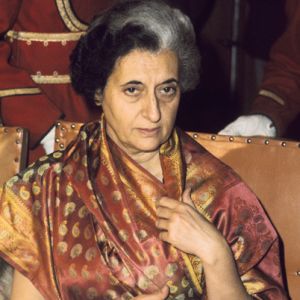by Thomas M. White
California’s Labor Code was amended effective January 1, 2017, to require that employment disputes regarding California resident employees be subject to the substantive law of California and that the arbitration or litigation of such matters be held in California. These requirements will have a significant effect on how out-of-state employers negotiate and draft employment, separation and confidentiality agreements. Moreover, some of the statutory language is subject to interpretation and may result in violations of law by unsuspecting employers.
By way of background, in drafting employment agreements, employers typically identify one state whose substantive laws apply and require all disputes be litigated or arbitrated in a venue where the business operations are centered. First, employers with employees spread across several states want the certainty and uniformity in their business arrangements. Second, the substantive law of a particular state may be more amenable to employer concerns. Third, employers may wish to inhibit litigation or arbitration by requiring employees to travel to another state to assert or defend contractual rights. These factors, already under assault in California, are expressly given no weight in the new statute.
The new statute, effective January 1, 2017, with respect to employees who primarily reside and work in California, will apply to all new employment agreements and also covers agreements that are extended or modified after that date. Under the new law, injunctive relief is available and reasonable attorneys’ fees may be awarded. However, the new law does not apply to contracts where the employee was represented by an attorney during the negotiation of the agreement.
Several of the above statutory features require additional consideration:
- On its face, the new law does not apply to independent contractors. However, if such a contractor were to be deemed an ‘employee’ in the context of disputes involving other matters (e.g., tax, employee benefits, etc.), they may well also be held covered under the new law as well;
- The law does not specify what is meant by an employee that lives and performs services “primarily” within California. You might want to keep records of employees in case a dispute arises. The answer may well mean the difference between the application of this new law and not;
- It is not clear whether a contract is “extended” or “modified” if there is an automatic rollover or extension provision? What if there is a finite term and then the contract continues month to month, subject to termination at-will? Is that an ‘extension’ for purposes of the new statute? Similarly, if the employee is entitled to a set of fringe benefits available to similarly situated employees and a new benefit is added January 1st – is that a “modification”?
Although there is an exception for agreements negotiated by counsel, most employees don’t typically have the funds necessary to engage counsel. Consider this: it may be worthwhile for an employer to reimburse an employee for attorney’s fees in certain situations where the benefit of employment limitations outweighs the additional cost. Note, where this exception is intended to be relied upon, it is wise for the agreement to specify it has been negotiated by counsel, including the name of the attorney and the firm. Given the many choice of law considerations that arise in litigation, it should not be assumed non-California choice of law and venue provisions will be upheld simply because the employee retained counsel during negotiations.
What should you do now? Any business that has current employment agreements with employees (and independent contractors) living and working in California, should carefully review those agreements in light of the need to comply with the new law. Where concerns may arise – in the language or the interpretation, counsel should be engaged to assure that relevant consideration is given to applicable factors.
For more information, contact Thomas M. White, a Partner specializing in the full scope of human resources management and employment law, including employee benefits, executive compensation and healthcare. Of course, you can always contact me, Joe Rosenbaum, the Editor, or the attorney you normally work with at Rimon.





